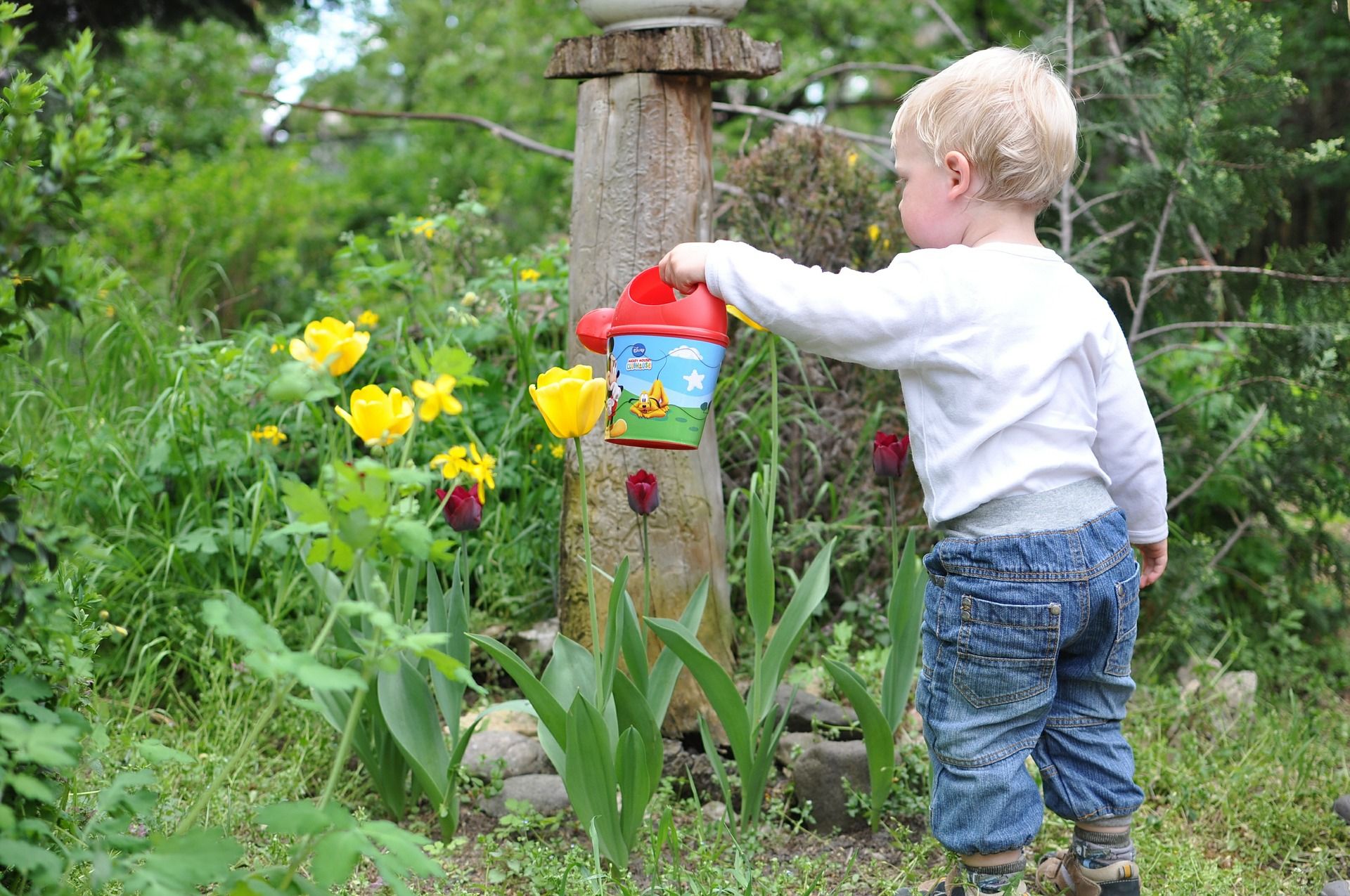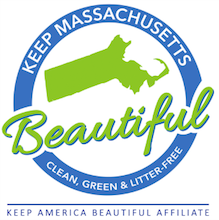
Introducing your kids to the concepts of sustainability and environmental stewardship may seem like too big of a challenge, especially for parents who may be experiencing COVID-19 pandemic fatigue. One way to make this daunting challenge easier is to turn your environmental lessons into fun games and activities for your kids. Below are six ideas you can implement this fall.
1. Make Cleaning Up Litter Fun
If you’ve ever tried to get your little one to clean his or her room, you know it’s an uphill battle. So how do you get them to help clean up the neighborhood? Get creative! Make a scavenger hunt out of picking up litter. Found an old coffee cup? Check it off the list and put it in the recycling pile! Just as you teach your children to pick up after themselves, you can teach them to be responsible for keeping their neighborhood beautiful. Offer prizes to the kids who fill up the recycling bin faster. For free cleanup supplies, join the Massachusetts Litter Cleanup Crew.
2. Engage Your Kids in Yardwork
Use yard work as a way to teach your children about the environment. While mowing, weeding, and cleanup can be a hassle, teaching your kids how to care for their outdoor space can become a fun addition to your lawn care routine. Together you can discuss the importance of water and nutrients for plants.
What kind of bugs live in your yard? Point out the beneficial insects, such as ladybugs. Make a bug hotel out of organic materials and discuss the impact even the tiniest creatures can have on our ecosystem. This could lead to a discussion about using organic fertilizers and pesticides, and how dangerous chemicals are for our Earth.
Buy or build a rain barrel to show them how to reuse our most precious resource. Even better, create a rain garden to stop water from flowing out into the gutter and sewers.
3. Raise Trailblazers & Nature Lovers
Have a weekend adventure with a hike. Pack a bag and hit the trails with your kids. Show them the importance of picking up after themselves and how litter can harm wildlife. Teach them the names of trees and local plants. How many species of birds can you spot? Studies show that allowing kids to explore nature is a great way to engage them in learning about sustainability.
4. Teach Your Kids to Compost
While you’ve taught your kids not to play with their food, composting can be a fun exception to this rule. Make a composting bin in your backyard and start filling it up with leaves, food scraps, and grass clippings. Composting can turn the conversation to waste and waste management. Where does our trash go? How can we help our planet by reducing the amount of waste we produce? Composting allows you and your kids to get dirty, learn, and make your plants happy (it also saves you from buying expensive fertilizers).
5. Host a Garden Party
Get creative by planting a container garden by reusing old household items. Start saving your yogurt containers, applesauce cups, and paper towel rolls and use them as seed starters. Break out the paint and decorate tin cans. Use that compost you made! Brainstorm about other ways you can reuse items around the house. Make a creative planting masterpiece together and give it to a family member or friend. This can start a discussion about the benefits of growing your own food. How many dishes can you whip up together featuring your own homegrown veggies?
6. Set a Good Example
One of the easiest ways to teach your children about sustainable practices is by practicing what you preach. Be conscious of turning lights off when you leave a room. Remind your kids to turn the water off when they’re brushing their teeth. Designate a day where you sort the recycling together. What’s going to make the most impact on your child is the time that you spend together and instilling good habits at the same time. Get ready to make some great green memories!
Todd Michaels is a conservationist with a degree in marine biology. He writes about eco-friendly landscaping and recycling efforts around the country.


